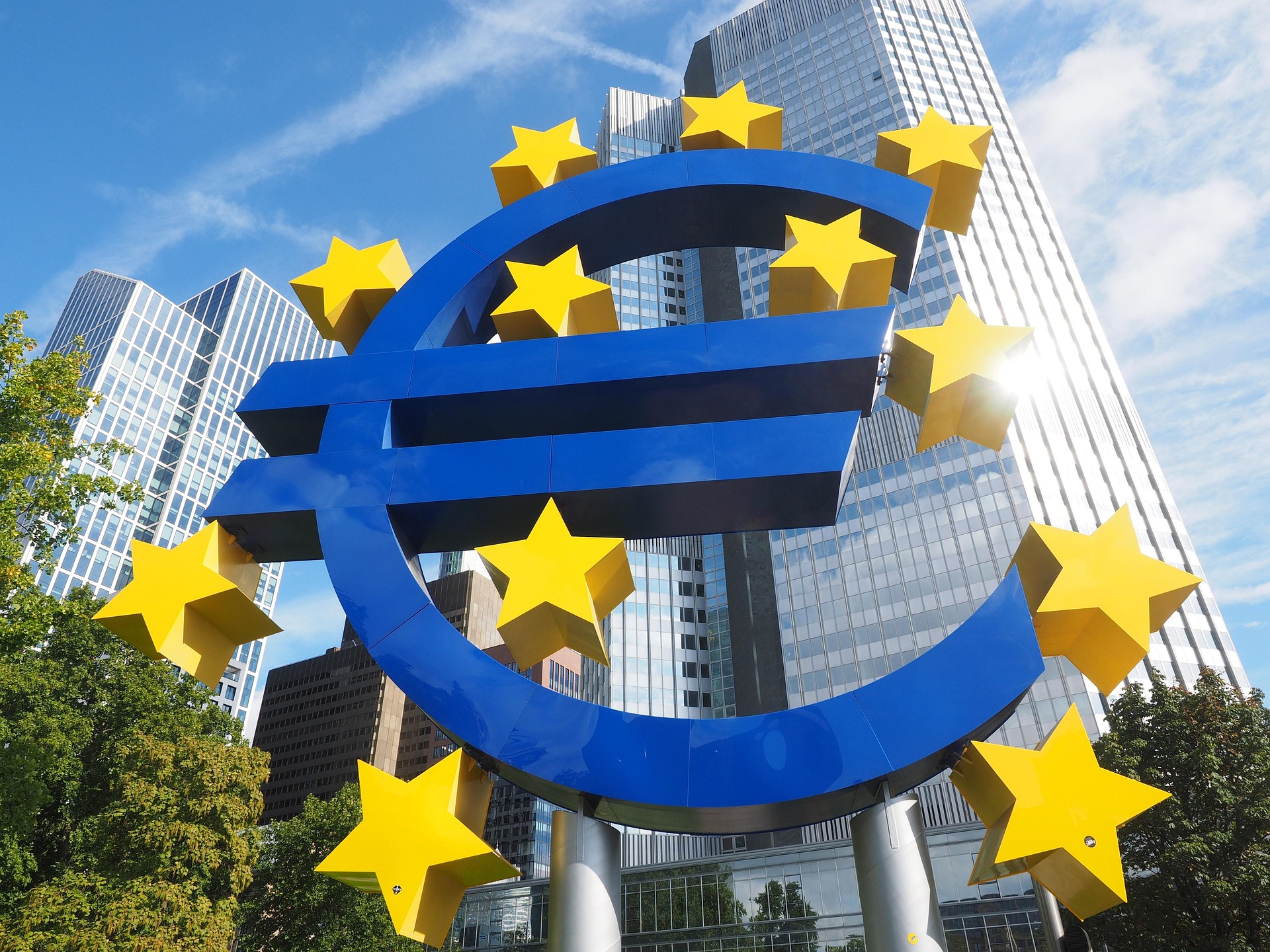
To Strengthen Defence and National Security: Complete the Capital Markets Union

In
- EU and strategic partners,
- EU economic affairs,
- EU strategy and foreign policy,
- Europe in the World,
Defence superiority, national security and economic and financial security are linked now more than ever through technological innovation. Dual-use technologies good for peaceful uses, such as communications, can also be potentially used for weapons’guidance systems.
*****
to strengthen defence and national security: complete the capital markets union
Defence superiority, national security and economic and financial security are linked now more than ever through technological innovation. Dual-use technologies good for peaceful uses, such as communications, can also be potentially used for weapons’guidance systems. The way to resilience against jamming geo-location services, such as GPS, by employing electronic warfare or by disrupting satellite constellations in space, passes through new technologies such as Quantum Sensing. It’s not only civil aviation that comes under threat if GPS is jammed, but the whole financial system if satellite-based time keeping, for example, is disrupted. Your bank App may consequently show that your account stands at Zero Euro. As Hybrid threats go, it is not difficult to see how such a scenario can lead to panic, civil disorder and even possible runs on the banks. For both offensive and defensive military capabilities deep pools of capital are needed. These pools are also necessary for the fast developing technological needs of Resilience, for catching up with technologies critical to national security such as Quantum, as well as for developing the enablers necessary for Strategic Autonomy (such as satellites for intelligence, and space endeavours generally). No single EU member state has those pools individually. The European banking system is not suited for financing start-ups and smaller Intellectual Property-driven companies, i.e. higher risk ventures, as European banks lack the risk appetite of US institutions. When was the last time you heard of a European bank funding a company using their A.I.- algorithm as collateral??!! To oversimplify, the difference between highly intelligent weapons is the proverbial “Chip”. Massive risk capital is required to continue to develop that “chip”, to sustain investment in critical and disruptive technologies, and to continue to develop them to retain defence superiority.
The Role of Capital Markets
Given the scale of investment needed, funding cannot come from governments alone. European capital markets offer a vast, largely untapped source of financing. Unlocking this potential depends on completing the Capital Markets Union (CMU)—a single, integrated EU capital market that allows savers, investors, and institutions to finance innovation and defence more effectively, whilst having the opportunity to achive higher returns on their investments.
Despite the clear benefits, progress on the CMU has stalled. This is surprising, especially when capital markets are already global by nature and governed by broadly similar rules across countries. Unlike nationally focused banking systems, capital markets transcend borders and can scale up funding across the EU.
Why Now?
Europe has a narrow window—5 to 10 years—to catch up in defence capabilities. The technology gap is also widening, with Europe falling behind not just in innovation, but also in attracting and retaining top talent. Brain drain to the U.S. has been accelerating as researchers and entrepreneurs seek better funding and opportunity.
Government budgets are already stretched. While public funds will play an important role, they are too slow and inflexible to meet the urgent and full needs of both start-ups and established companies. Completing the CMU would unlock private investment to support everything from traditional weapons manufacturing to cutting-edge innovation.
Protecting the Euro in a Shifting Global Economy
There’s also a strategic trade and currency dimension. Defence and economic power go hand in hand. The U.S. dollar’s status as the world’s reserve currency is underpinned not just by military power, but by its economic might as well, including its dominanace of the financial markets, and its leading global trading position. But current U.S. policies—especially tariffs aimed at boosting exports— are very likely to weaken the dollar’s value. This could prompt investors, sovereign and otherwise, to shift toward other major currencies, including the euro.
At the same time, the U.S. administration is showing growing interest in cryptocurrencies. Some of this may be strategic—encouraging dollar holders to invest in U.S.-backed crypto assets instead of switching to other currencies to prevent the emergence of a rival to the US Dollar as a reserve currency. Meanwhile, China is promoting central bank-issued digital currencies to facilitate trade outside the Western-led SWIFT system. Crypto currencies should not be confused with central-bank state-backed Digital Currencies!
Both countries benefit from having large, unified capital markets that can support their innovation and security and defence goals. Europe does not—yet. Without a fully functional Capital Markets Union, the euro risks being sidelined in the evolving fight for dominance in global monetary system and its financial architecture.
The Stakes Are High
In this new era of multi-polar geopolitical competition, economic fragmentation, weaker multilateralism and digital transformation, the EU cannot afford to delay. Completing the Capital Markets Union is not just about financial efficiency—it’s about delivering the necessary defence capabilities quickly, as well as securing Europe’s place in the world.
A robust CMU would:
- Enable faster and larger-scale investment in defence and security;
- Support innovation in strategic technologies like quantum, AI, and space systems;
- Help retain European talent and companies;
- Strengthen the euro’s role in global trade and financial markets;
- Create financing channels for rebuilding and supporting Ukraine.
Conclusion: Act Now
The Capital Markets Union is an urgent strategic necessity. It must be treated as a top priority for European security, defence, innovation, trade, and competitiveness. It cannot be allowed to stall in technocratic debates or in the usual EU “silos”.
The time to act is now. CMU must be on the agenda of the next EU summit, with preparatory work starting immediately. Completing the Union is no longer just a financial reform—it is a top geopolitical imperative without which Strategic Autonomy will be impaired.
(Photo credit: Hans, Pixabay )